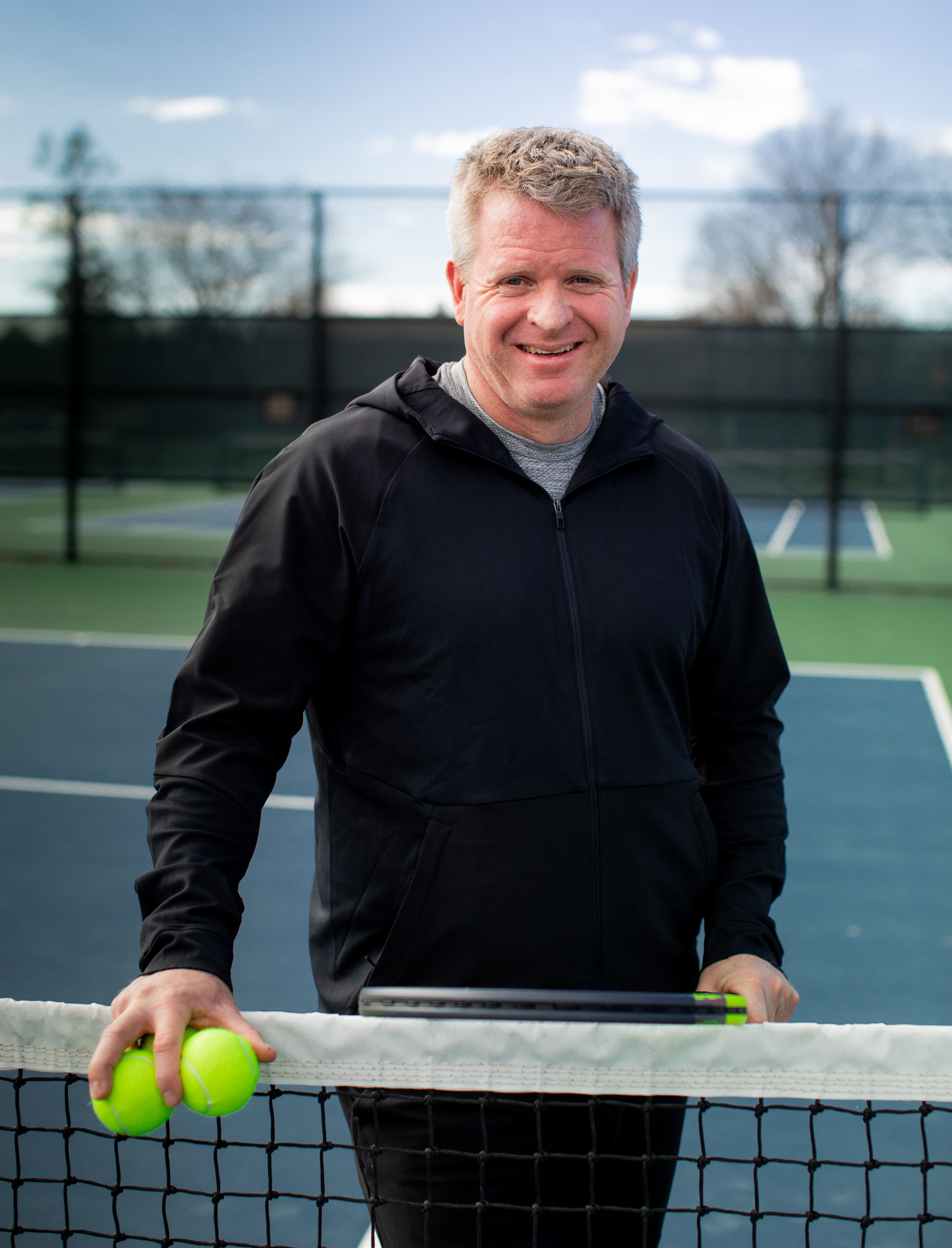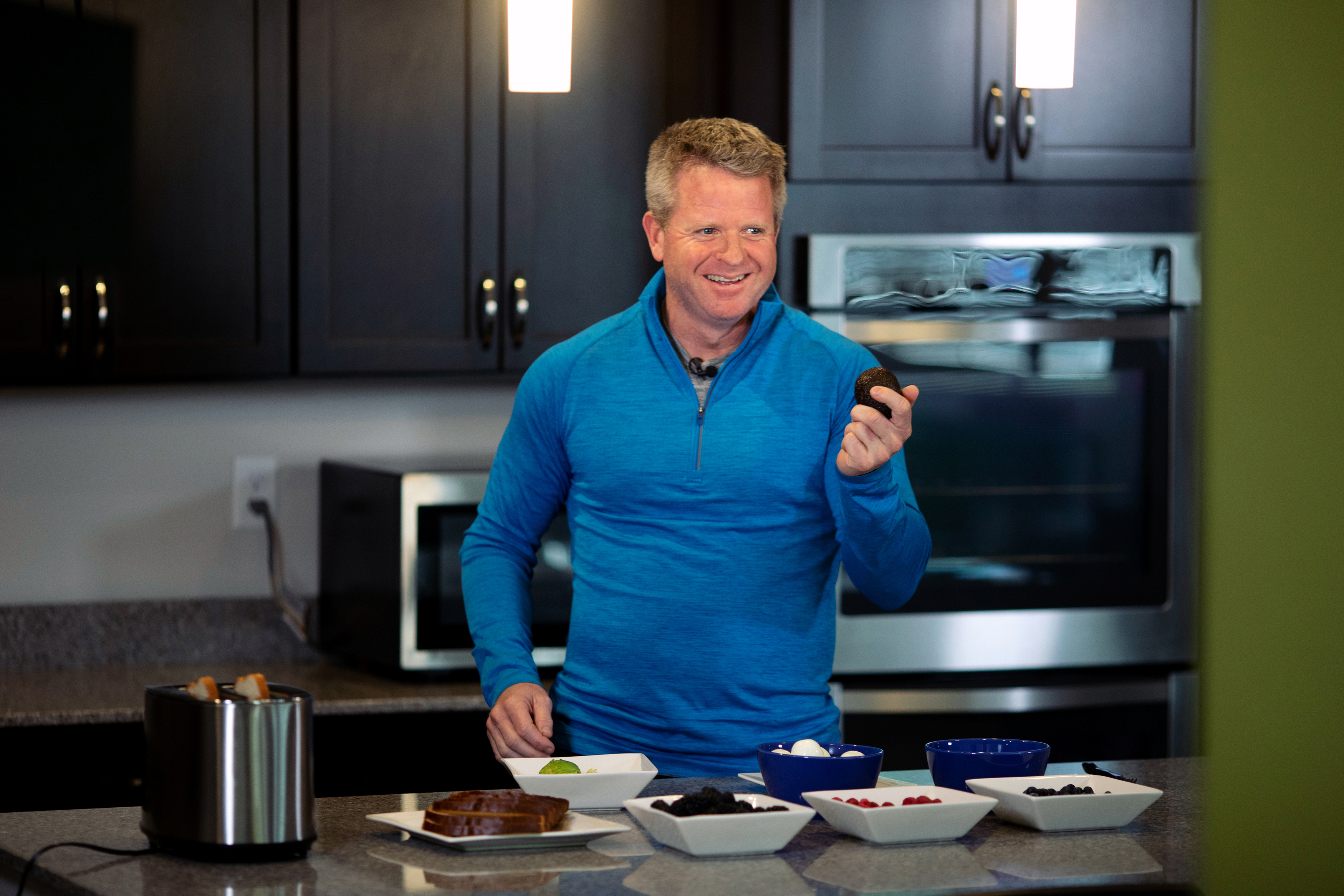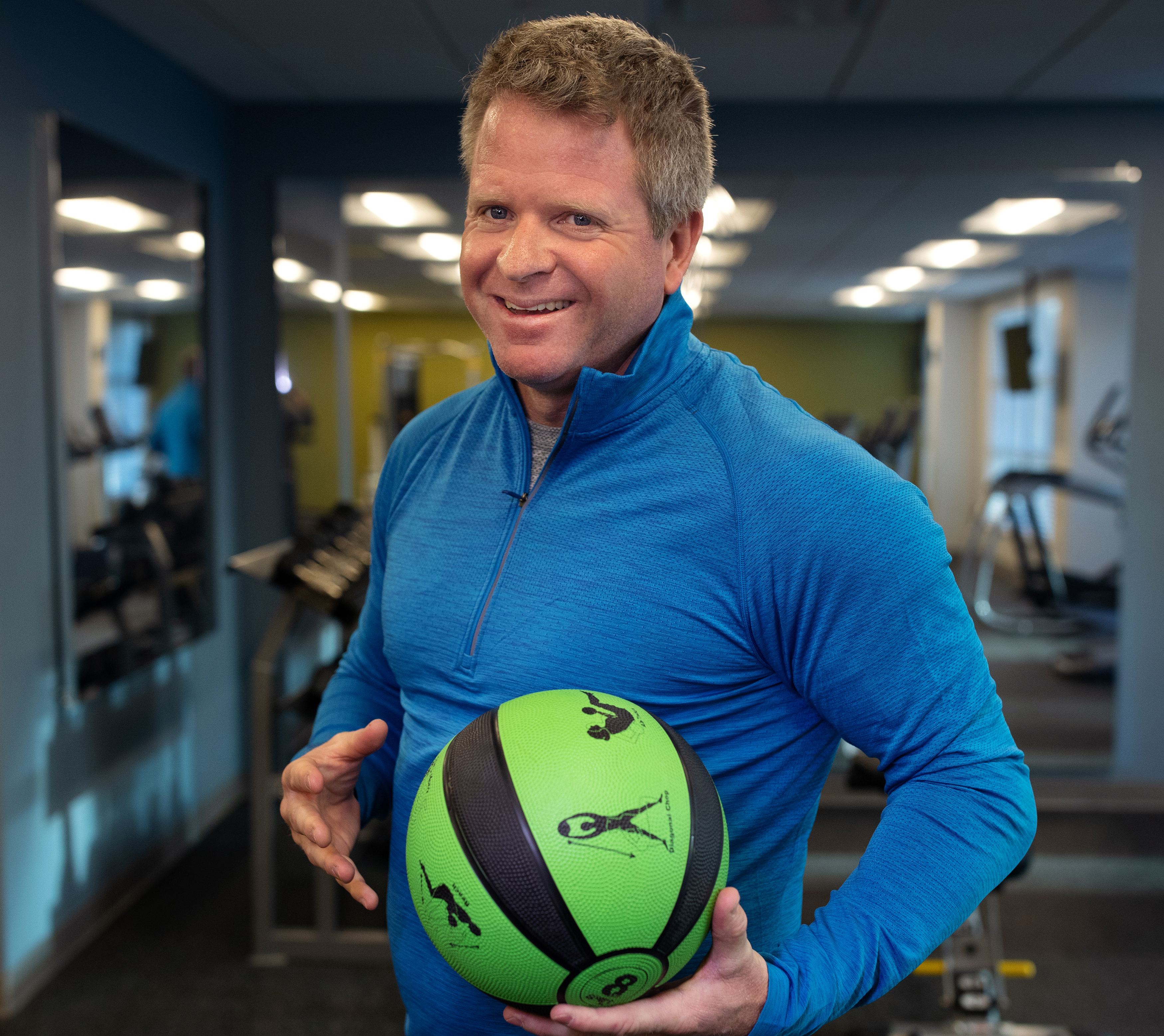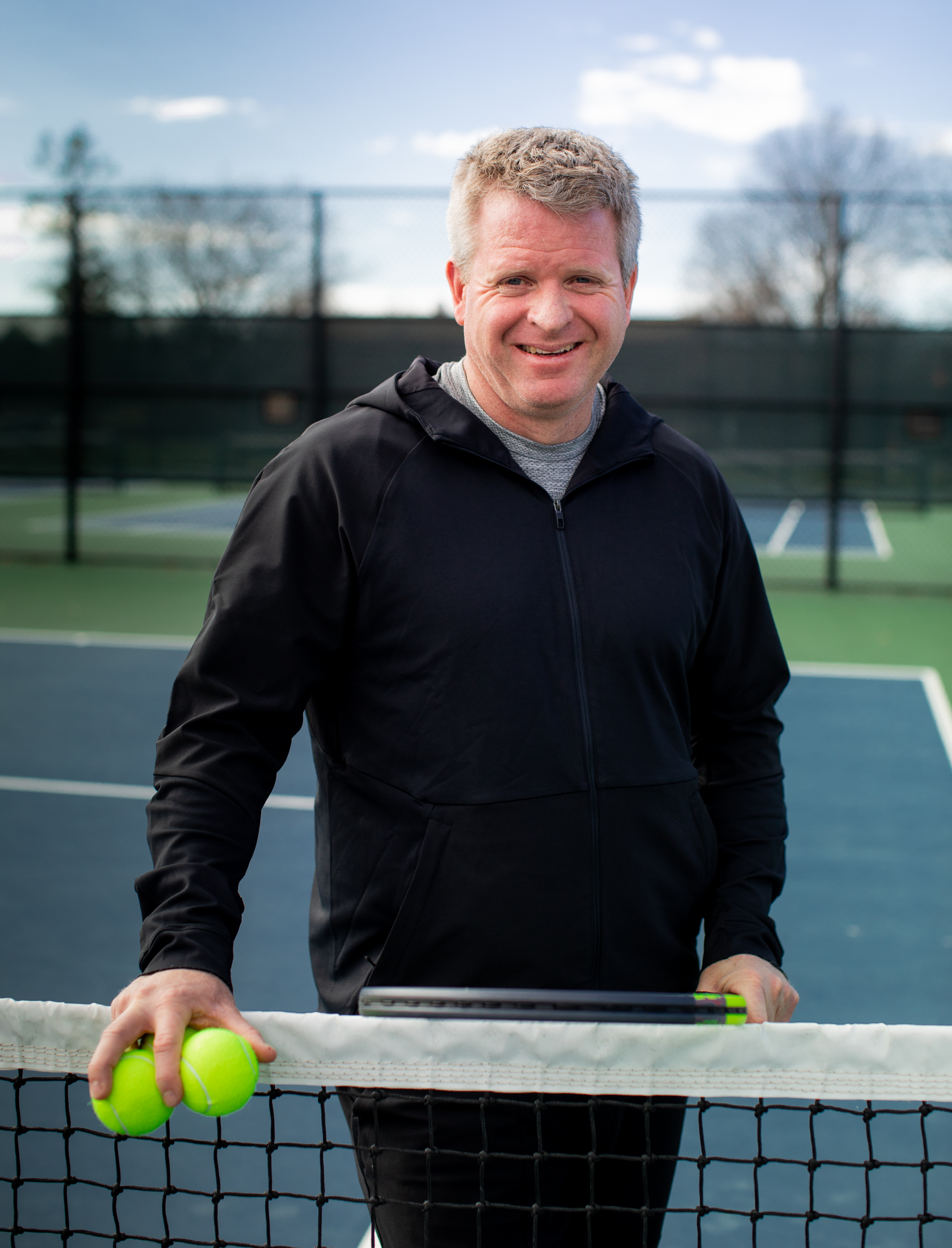
Throughout my career, I have had to deal with adversity on multiple occasions. There are a few moments that stand out, one being pointed at above, whereby I was young and willing to throw the towel in, but being around loyal trusted people showed me the path to my ATP tour coaching career.
Aspart of my series about prominent entrepreneurs and executives that overcame adversity to achieve great success, I had the pleasure of interviewing Kieron Vorster who is the former strength and conditioning coach for tennis icons Tim Henman, and Wayne Ferreira, Kieron Voster is the CEO of fit8 functional intelligent therapy.
Jason Crowley: Thank you so much for doing this with us! Can you tell us the “backstory” about what brought you to this specific career path?
Kieron Vorster: Back in the 1980’s I had the most amazing childhood growing up in a small landlocked country called Malawi, located in East and Central Africa and nicknamed the “Warm Heart of Africa.”
Both my mum and dad were extremely sporty, so all my weekends were spent at the local country club where my parents were keen golfers and my dad also spent his Sunday’s playing cricket. By virtue of being around sporting facilities, I simply gravitated toward tennis. Before I knew it, I was engrossed in the sport and getting lessons from a lady called Liz Dyke. At the age of 8 years old, I told my dad that when I was older I wanted to be a professional tennis player. My tennis idol at the time was no other than Ivan Lendl. I loved what he stood for, his work ethic, tenacity and commitment was what I molded my character and game on. The journey had begun.
At 16 years of age, I moved back to South Africa to focus on my tennis career, thus being around a much more competitive environment. I completed my last two years as a junior based in Durban, which is on the South East coast of South Africa. At the age of 18, I then embarked on my professional tennis career travelling the globe. At one of my earliest events I was in qualifying alongside Jonas Bjorkman and Yvgeny KafelniKov and within 3 years, they were both within the top 20 in the world’s elite. Yvgeny had won the French Open. Soon the realization was that there was no way I was good enough to reach my dream of being in the worlds top 100. So, in the summer of 1993, I decided to quit and focus my attention on coaching.
Crowley: Can you share your story of when you were on the brink of failure? First, take us back to what it was like during the darkest days.
Vorster: In September of 1993, I started working for Warren Jacques who was the former coach of two top ten players, Kevin Curren and Steve Denton. I couldn’t have asked for a better master to learn off. My goals and dreams had now changed to a coaching career and my new vision was to be able to coach on the ATP Tour traveling with seasoned professionals. This became a reality at the start of 1995. I was on the tour with Kevin Ullyett and David Nainkin, and both were ranked in the top 200 in the world playing qualifying at the big events around the world. Three months in, this was cut short after Kevin sustained a shoulder injury and David simply couldn’t afford to have me working one on one with him. My dreams were shattered. I returned to London, no job and nothing on the horizon. I took a job at club where I was just a run of the mill coach in the commercial program.
Crowley: What was your mindset during such a challenging time? Where did you get the drive to keep going when things were so hard?
Vorster: I hated it. I felt like I was being flogged for no reward. Soon after starting, I quit. At this time more and more players from Africa were starting to base in London and I started getting to work with them as their London coach. Neil Broad, Byron Black, Pietie Norval were the main three. Toward the end of the 1995 and the start of 1996, I also took a sports massage course, as I knew I needed more strings to my bow. At the start of 1996 Kevin returned from injury, so I started back working with him when he was in London.
Toward the end of 1996, I hit rock bottom in my tennis coaching career. The players had moved on basically hiring more fulltime coaches for continuity, money was running dry and I had no where to turn but head back to South Africa. It was not what I wanted to do having been based in Wimbledon for 3 years and had already started creating a network.

Crowley: Tell us how you were able to overcome such adversity and achieve massive success? What did the next chapter look like?
Vorster: I needed to try and stay positive. Then, Kevin Ullyett, David Nainkin, Neil Borad and Pietie Norval handed a massive opportunity to me. They had spoken to Wayne Ferreira about my services. He had just fired his physical trainer and the four guys bought me a plane ticket to South Africa for December of that year to have a 3-week trial working with Wayne. This was the start of something special for me and goes to show that when you hang in there, stay positive, believe in what you want to do, things will start to go your way. I am indebted to those guys for believing in me and giving me the opportunity with Wayne.
Before I knew it, I was now getting offers from the Lawn Tennis Association in England, South African Davis Cup opportunities thanks to Danie Visser and his team. This era is what molded my tennis and strength and conditioning career which developed into business leadership, mentoring and team building to name a few.
Crowley: Based on your experience, can you share a 3 actionable pieces of advice about how to develop the mindset needed to persevere through adversity? (Please share a story or example for each.)
Vorster: Throughout my career, I have had to deal with adversity on multiple occasions. There are a few moments that stand out, one being pointed at above, whereby I was young and willing to throw the towel in, but being around loyal trusted people showed me the path to my ATP tour coaching career.
The second one which stands out is when I was working at the Lawn Tennis Association as head of Strength and Conditioning, I wasn’t getting on with the top brass on the performance side and unbeknown to me, I was called in for a meeting and they terminated my contract with immediate effect. I was stunned, shocked, couldn’t believe this was happening. These were so-called friends of mine who had terminated my contract. On reflection, I knew I was brash, ruffling feathers and perhaps arrogant at times, something that Federations don’t like. They want you to tow the line. I learned very quickly that humility goes a long way and it is important to learn to be humble and show gratitude. This was a steep learning curve and one I would learn from while staring adversity in the face.
The third one I recall was when I took a job in Qatar working for the Qatar Tennis Federation. As a family, we moved hook line and sinker out to the desert in the Middle East. I loved my job, but I could see a quick demise in my wife’s (now ex) and step kids’ happiness. I tried everything to keep us all together out there, but after 18 months they could not take it anymore and returned to the UK. I was left alone for 5 months; it was lonely and strange at the same time. Every night alone, no family. It was one of the lowest parts of my life. In this instance, I had to keep a positive mind and drive forward with what I had to do and remember why I was there. As the months went on, I got stronger and got through it, but it would have been easier to quit. But as they say, pain is temporary, quitting is forever. And I am no quitter.
These experiences have molded me into the person I am. I believe I am humble, positive, loving, caring, thoughtful and treat people how I want to be treated.
Crowley: None of us are able to achieve success without some help along the way. Is there a particular person who helped get you to where you are? Can you share a story about that?
Vorster: For every success story, there is a person, and/or people, that have been there along the way and/or are still there. My mum and dad and for sure number one, I have put them through the emotional mill for a plethora of reasons and they have been there for me. When you talk of adversity and when the chips are down, they have certainly exceeded my expectations. I didn’t speak to them for over 10 years due to circumstances through my marriage, but when my marriage broke down, they were there to help and believe in me when they had every right to basically tell me to get lost. Amazing people and family.
Other people that need a mention are Pam and Bushy Holdsworth for sponsoring me when I first embarked on my pro-tennis career. Kevin Curren who was a great mentor to me toward the end of his pro-career and for putting me in touch with Warren Jacques. The tennis players who supported me in the early years (Nainkin, Ullyett, Broad, Norval) and gave me the first opportunity both on the tour and then to work with Wayne Ferreira. These guys I know will do anything for me if called upon. That are what you call “a few good men.”
Crowley: Are you working on any exciting new projects now? How do you think that will help people?
Vorster: Moving forward I am now wanting to tackle obesity and in particular childhood obesity. It shames me to see so many overweight kids and with my influence and help I believe I can inspire the young generation to change, this is by educating the parents on simple meal plans and keeping their kids active. This falls in line with my 10 minute meal book which I am currently writing, it is giving parents simple meal plans that can be prepared and done within in a 10 minute window.
Crowley: You are a person of great influence. If you could inspire a movement that would bring the most amount of good to the most amount of people, what would that be? You never know what your idea can trigger.
Vorster: I love to help people and I hate to the people suffering in this world for whatever the reason it may be. Influencing decision makers in what I do and deliver gives me the greatest pleasure. I love to see the wider good of what is being achieved and not sit as a political game of chess and think about what is the next best move to position oneself in a look good scenario. I would love to get the younger generation in the United States moving and see how that brings a smile to their faces and Educate them that you are what you eat. I’d also like to get the manufactures on board, but, if not, I want to start a campaign for things like “Sugar Tax”, taxing junk food etc.
Crowley: Any parting words of wisdom that you would like to share?
Vorster: My philosophies have changed over the years but I believe you can build a team and culture on:
- Love
- Faith
- Humility
- Respect
- Gratitude
- Impact
- Integrity
- The #1% rule
Crowley: How can our readers follow you on social media?
Vorster: Twitter @vossy1973
Crowley: Thank you so much for joining us. This was very inspirational.



